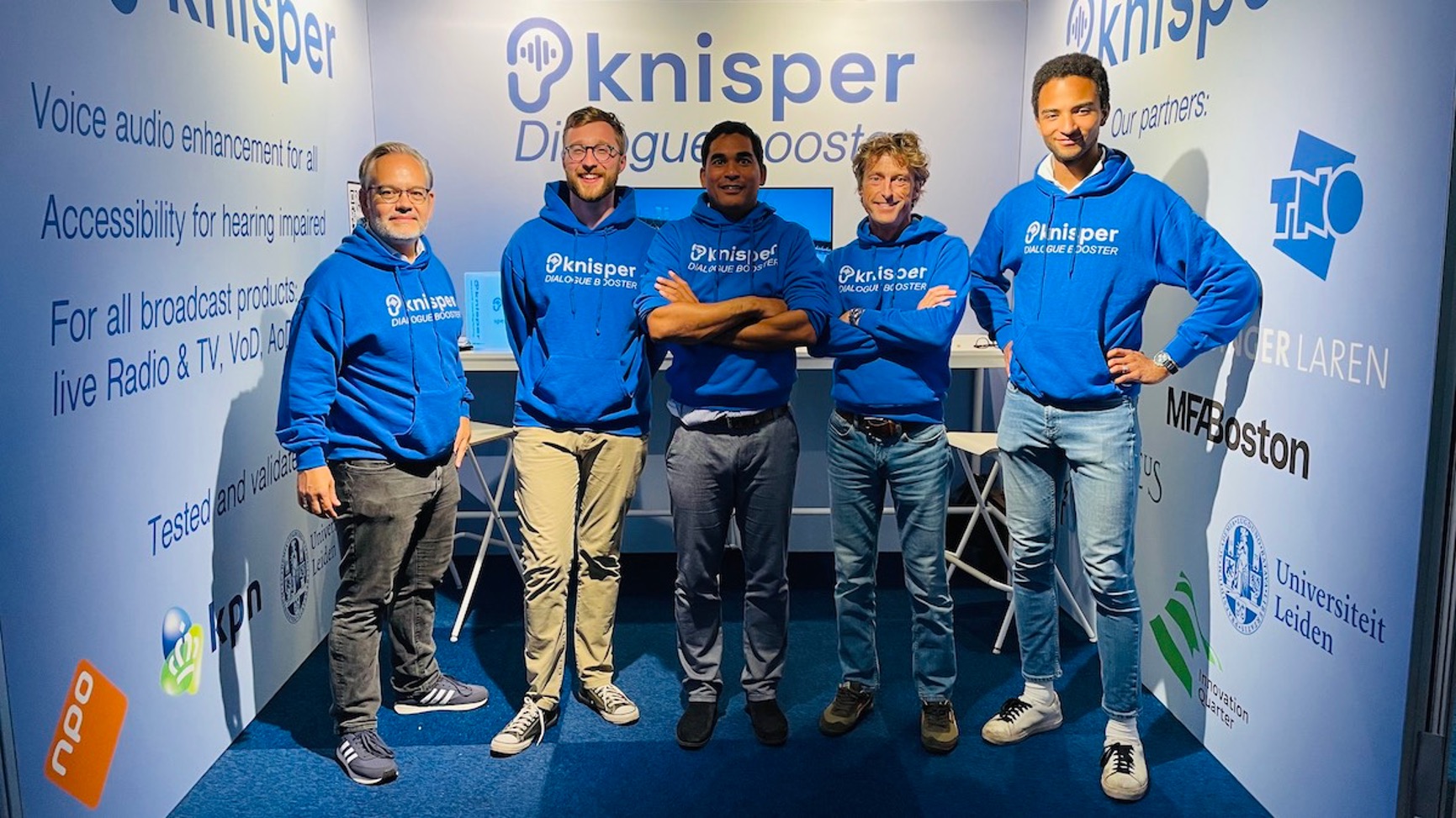Knisper: Making AI-powered Accessibility a Reality for Everyone
We were thrilled to see Knisper featured in the recent TechCrunch article “How European disability tech startups are leveraging AI.” The article highlights the challenges faced by accessibility tech companies in attracting investment, often due to the perceived niche market.
At Knisper, we firmly believe that building a more inclusive world is not just a laudable goal, it’s a business opportunity waiting to be seized.
Yes, our core mission is to empower people with disabilities by harnessing the power of AI. But we also recognize the value of a wider customer base. This is where our focus on responsible AI development comes in.
We don’t just throw in AI for the sake of it. We strategically leverage this technology to create solutions that are truly beneficial for everyone. Our AI-powered tools go beyond basic accessibility, offering features that can enhance the user experience for all.
This balanced approach ensures we remain true to our mission while also building a sustainable business model. We are proud to be among the European startups leading the way in this exciting space, demonstrating the transformative power of accessible technology.

Knisper – hear every whisper (by TechCrunch)
People with full hearing disability are a smaller segment of a large and growing group. By 2050, 2.5 billion people are projected to have some degree of hearing loss. Due to a mix of reasons, including stigma and cost, many won’t wear hearing aids. That’s the audience Dutch B2B startup Audus Technologies is targeting with its product, Knisper.
Knisper uses AI to make speech more intelligible in environments such as cinemas, museums, public transportation and work calls. In practice, this means splitting the audio and mixing it back into a clearer track. It does so without increasing background volume noise (something not every hearing aid company can say), which makes it comfortable for anyone to listen to, even without hearing loss.
A former ENT doctor, Audus founder Marciano Ferrier explained that this wasn’t possible to achieve with similar results before AI. Knisper was trained on thousands of videos in multiple languages, with variations such as background noise and distorted speech. This took work, but Audus is now leaving the development stage and focusing on adoption, managing director Joost Taverne told TechCrunch in February.
“We are already working with a number of museums, including the Museum of Fine Arts in Boston,” said Taverne, a former MP and diplomat who spent time in the U.S. “We also do audiobooks with a Dutch publishing house, where we make the audio book of Anne Frank’s diary accessible for people with hearing loss. And we now have the solution for the workspace.”
B2B go-to-market is not an easy route, so it makes sense for Audus to focus on clients like museums. They are often noisy, which can make audio guides hard for anyone to hear. Using Knisper’s technology to make them more intelligible brings benefits to the general public, not just those with hearing loss, which makes adoption easier.
Join us in building a future where everyone can thrive!
Discover our solutions and plan a demo:
Read the whole article on TechCrunch.com about Knisper, but also how startups like @Acapela, @Visualfy and @Whispp keep up the good work!
